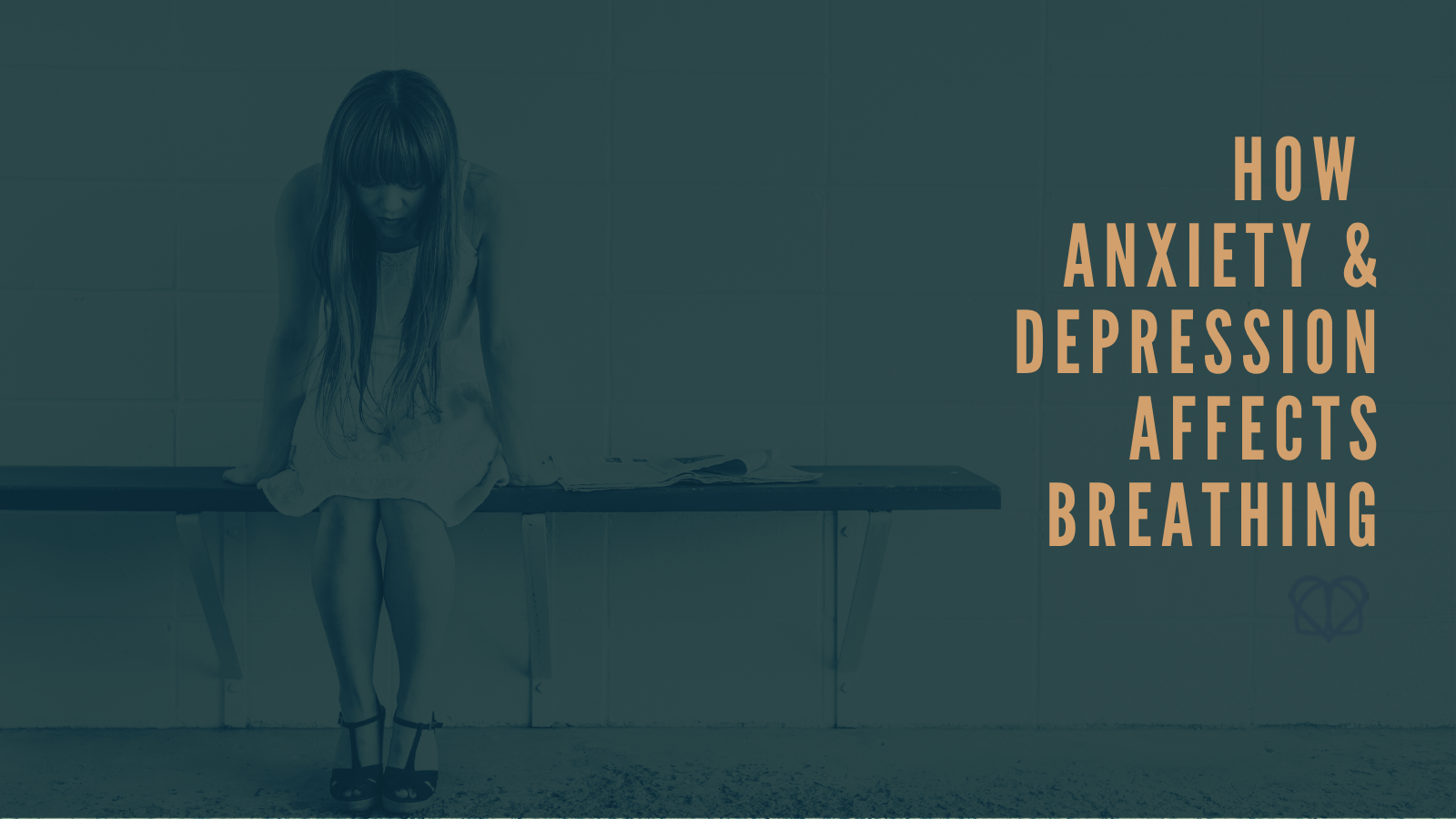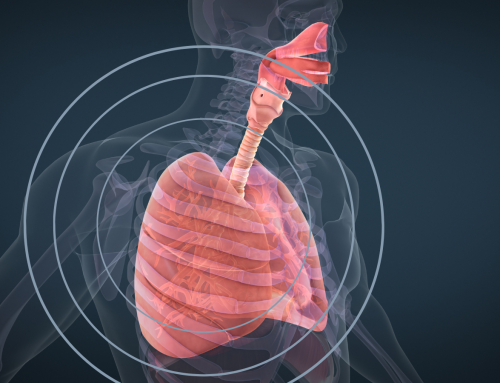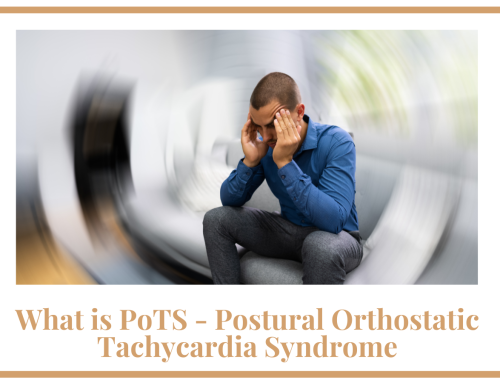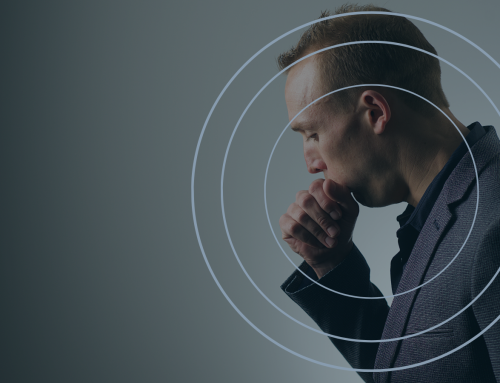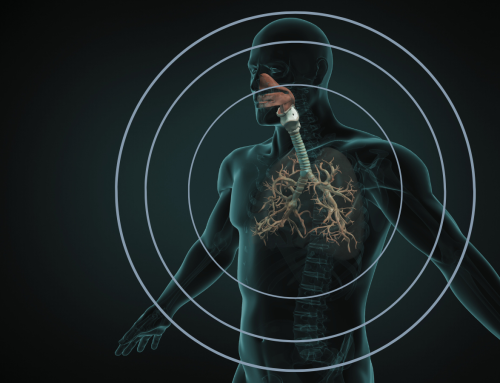It’s no surprise that if you feel anxious or depressed your health and wellbeing suffers – mental health, anxiety and depression weave a complex narrative that extends beyond your emotional health into your physical health. But did you know that anxiety and depression can affect your breathing too? This can then further exacerbate how you feel, becoming a nasty vicious cycle.
The physiological effect on your breathing
There have been a number of studies that show just how negative an effect on your breathing anxiety and depression can have.
When it comes to anxiety there has been a concrete link established between anxiety and altered breathing. People grappling with anxiety exhibit shallower breaths, increased respiratory rate, and a greater tendency to hyperventilate. Depression also manifests in altered breathing patterns, often leading to irregular breathing, with periods of breath-holding and shallow inhalations.
How anxiety and depression can affect your breathing
The connection between anxiety, depression, and breathing lies in the autonomic nervous system – the ANS. This intricate system regulates involuntary bodily functions, including breathing. Anxiety and depression triggers the sympathetic branch of the ANS, inducing the “fight or flight” response. This then manifests in rapid, shallow breathing, which is the way our body responds to perceived threats [see our case study here where you can see how this can affect someone in a real-life situation].
While you can adapt to these physiological responses if they don’t last very long or don’t happen to you often, chronic anxiety and depression can see you beginning to operate in a perpetual state of disrupted breathing. Prolonged exposure to these altered patterns can have significant consequences on your overall health.
Breathing properly is the gateway to good health
Proper breathing is a crucial part of a balanced and resilient mind-body connection.
The diaphragm, which is our main breathing muscle, plays a crucial role in maintaining this equilibrium. Shallow breathing which often occurs with anxiety and depression, limits the diaphragm’s range of motion, and you struggle to draw in a full, nourishing breath. Dysfunctional breathing patterns can lead to further symptoms such as breathlessness, fatigue, dizziness, tingling in the fingers or toes, amongst others.
If this sounds familiar, you need a breathing MOT!
If you recognise any of the above then you could benefit from a breathing assessment.
Our breathing MOT service has been developed by respiratory specialists and is run by a team of expert physiotherapists who between them, have decades of experience working with patients with breathing issues. Book in for a breathing MOT and our specialists will help you optimise your breathing, and can advise and direct you to the most appropriate healthcare professional for further treatment, should it be required.
If you’d like to know more email us at enquiries@airphysiotherapy.co.uk, call us on 020 7971 1464. or to click here to book in.

